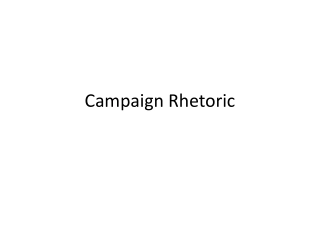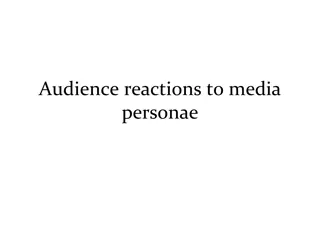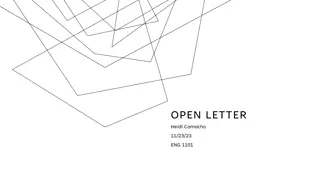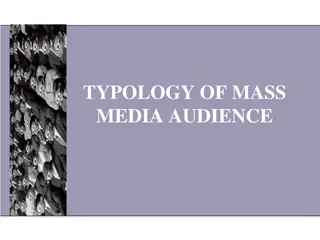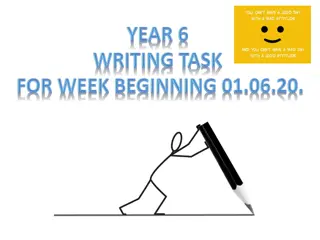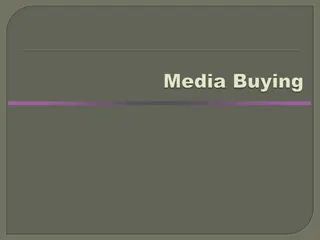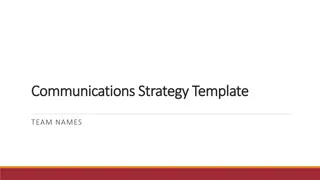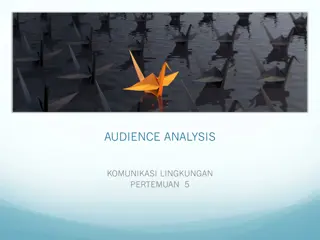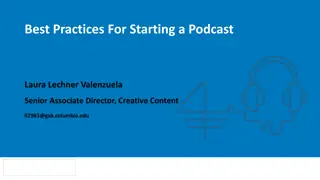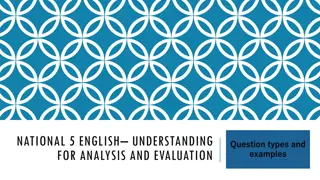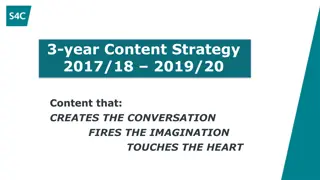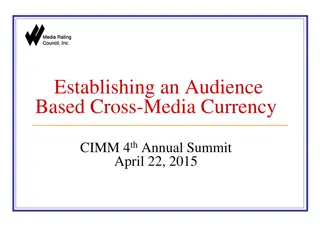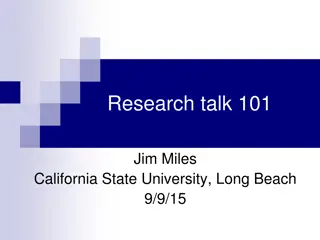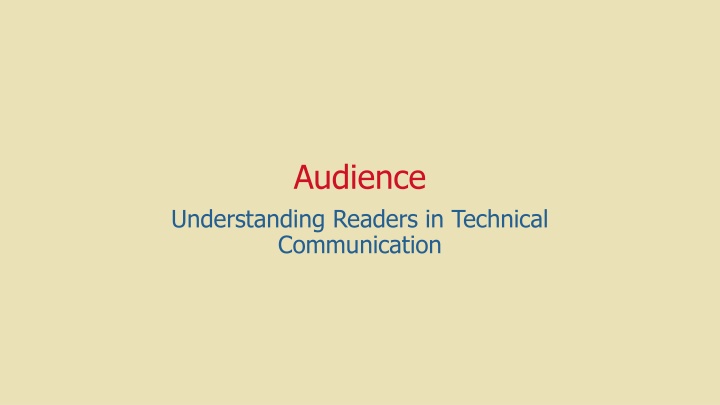
Understanding Readers in Technical Communication
Explore how readers of technical documents are dynamic, construct meaning, and have responses shaped by the situation. Learn about their reading process, reactions, and how they seek information. Create profiles and consider different levels of readers in technical communication.
Download Presentation

Please find below an Image/Link to download the presentation.
The content on the website is provided AS IS for your information and personal use only. It may not be sold, licensed, or shared on other websites without obtaining consent from the author. If you encounter any issues during the download, it is possible that the publisher has removed the file from their server.
You are allowed to download the files provided on this website for personal or commercial use, subject to the condition that they are used lawfully. All files are the property of their respective owners.
The content on the website is provided AS IS for your information and personal use only. It may not be sold, licensed, or shared on other websites without obtaining consent from the author.
E N D
Presentation Transcript
Audience Understanding Readers in Technical Communication
Readers of technical documents are dynamic. Readers construct meaning. Readers responses are shaped by the situation. Readers react moment by moment. Readers are raiders for information.
Readers construct meaning. Reading is a constructive process, not a receptive one Readers bring their prior knowledge and experiences to every text they encounter Different readers might interpret the same text differently
Readers responses are shaped by the situation. The context in which readers use a document will shape their responses Their purpose for reading Their perception of the writer Their personal stake in the subject Their past relations with the writer The physical context in which they read
Readers react moment by moment Readers respond to texts as they read Their reactions to one part of a document will impact their reactions to subsequent parts
Readers are raiders for information Readers often do not read technical documents from start to finish Readers seek specific information from documents Highly usable documents will make information easy to locate
Create a profile of readers for your technical documents. Who are they? What do they need? When will they be reading? Where will they be reading? Why will they be reading? How will they be reading? Readers
There are several levels of readers. Gatekeepers Tertiary Secondary Primary Writer
Consider using a table to profile your various readers. READERS Needs Values Attitudes Primary Secondary Tertiary Gatekeepers
Profile the levels of readers for your 314 textbook. Primary (action takers) Secondary (advisors) Tertiary (evaluators) Gatekeepers (supervisors)
Activity Working with your group, create a detailed profile of readers for the text assigned to you. Identify the various levels of audience for your assigned text and describe readers needs, values, and attitudes. READERS Primary Secondary Tertiary Gatekeepers Needs Values Attitudes


